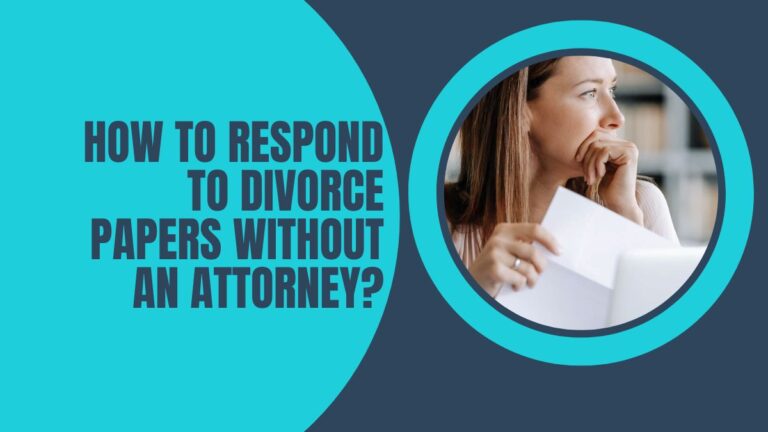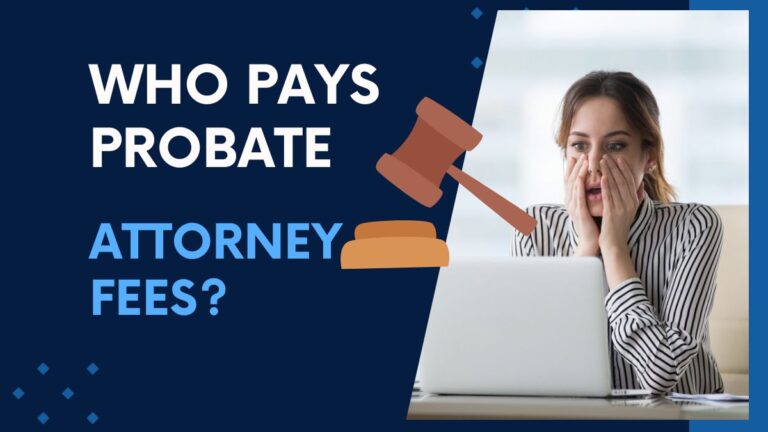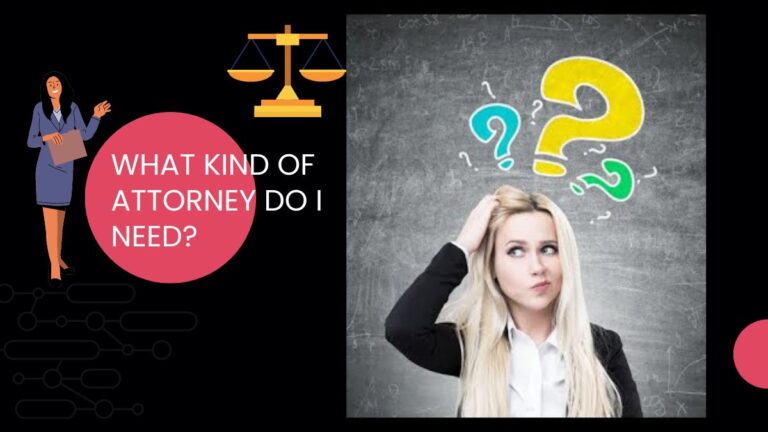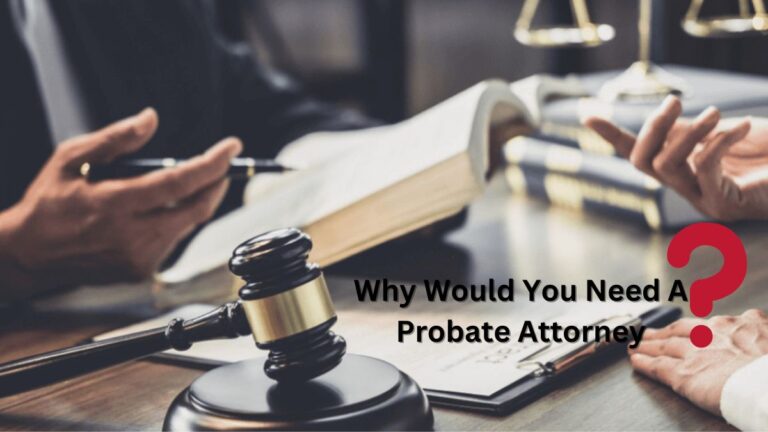Can You Go To Jail For Not Paying Attorney Fees?
This leads to a common question: Can You Go To Jail For Not Paying Attorney Fees?? In this blog post, we will explore this topic in detail and provide you with a clear understanding of the consequences associated with unpaid attorney fees.
Understanding Attorney-Client Agreements:
Before delving into the legal ramifications, it’s important to note that attorney-client agreements vary depending on jurisdiction and the specific terms negotiated between the lawyer and the client. Typically, such agreements outline the attorney’s services, the fee structure, and the client’s obligations regarding payment.
Civil vs. Criminal Liability:
Failure to pay attorney fees usually falls under civil, not criminal, law. Civil law focuses on resolving disputes between individuals or entities, while criminal law deals with offenses against society as a whole. Consequently, not paying attorney fees is generally considered a breach of contract rather than a criminal act.
Civil Consequences:
- Lawsuits: When a client fails to pay attorney fees, the lawyer can take legal action by filing a lawsuit against them. The attorney may seek a court judgment to collect the unpaid fees. The client may be ordered to pay the outstanding amount, potentially with added interest and legal costs.
- Collection Actions: If the court grants a judgment in favor of the lawyer, various collection methods can be employed to recover the unpaid fees. These methods can include wage garnishment, seizing assets, or placing a lien on the client’s property.
- Damage to Credit Score: Unpaid attorney fees may also result in negative effects on the client’s credit score. If the debt is reported to credit agencies, it can impact the client’s ability to secure loans or obtain favorable interest rates in the future.
Exceptions and Considerations:
It’s essential to note that every legal situation is unique, and there can be exceptions or specific circumstances that may affect the consequences of not paying attorney fees. These factors may include:
- Fee Disputes: If a client believes that the attorney’s fees are unreasonable or unjustified, they may have the right to challenge the charges through a fee dispute process or by filing a complaint with the relevant legal authorities.
- Court-Appointed Attorneys: In situations where the court appoints an attorney for a defendant who cannot afford one, the client may not be responsible for the attorney’s fees. These fees are typically covered by the state or government funding.
Conclusion:
While failing to pay attorney fees can have serious legal consequences, including lawsuits and damaged credit, it is unlikely to result in jail time. In most cases, disputes over unpaid fees are handled through civil legal channels, such as lawsuits and collection actions. It’s crucial to understand your rights and obligations outlined in the attorney-client agreement and address any concerns or disputes regarding fees promptly and transparently.
If you find yourself in a difficult financial situation, consider discussing alternative payment arrangements with your attorney or seeking assistance from legal aid organizations to ensure your rights are protected.






